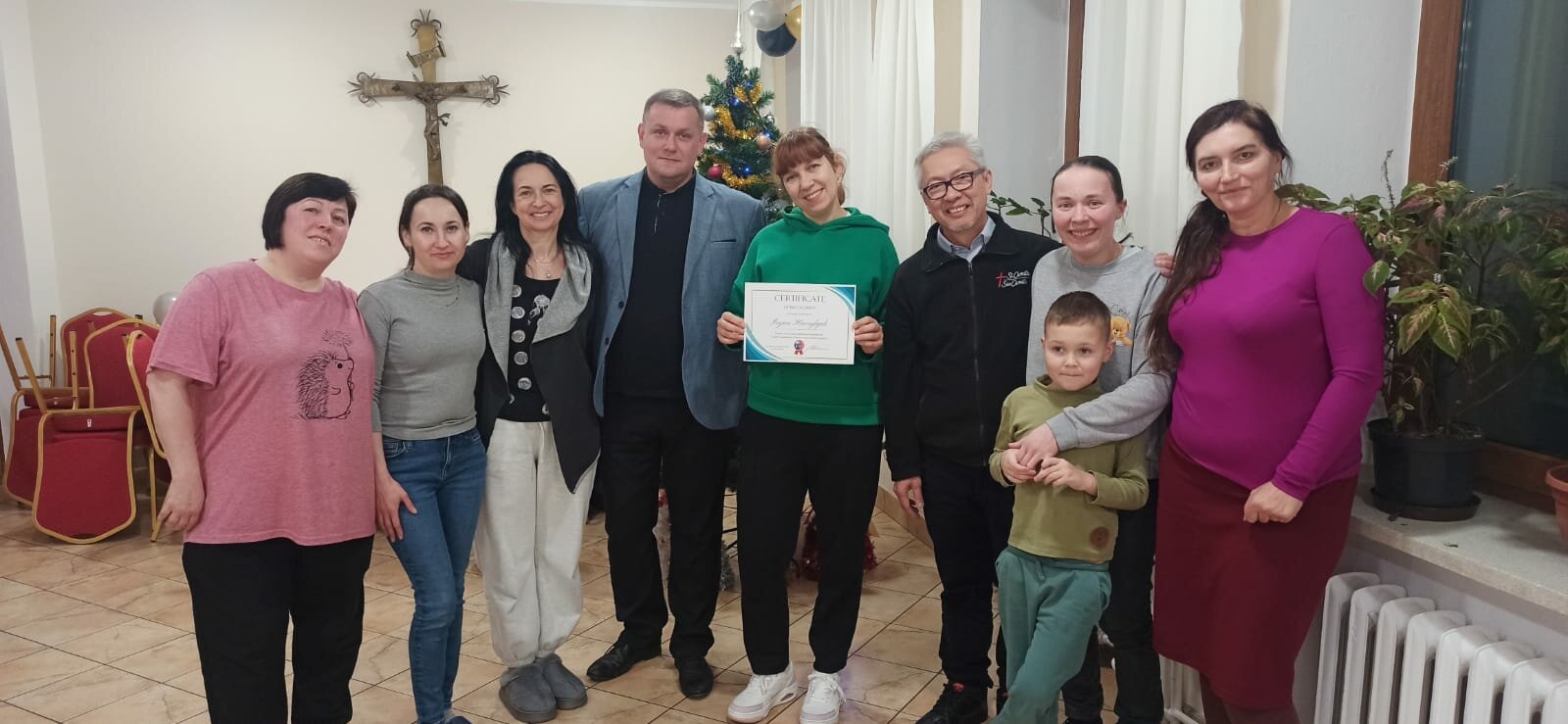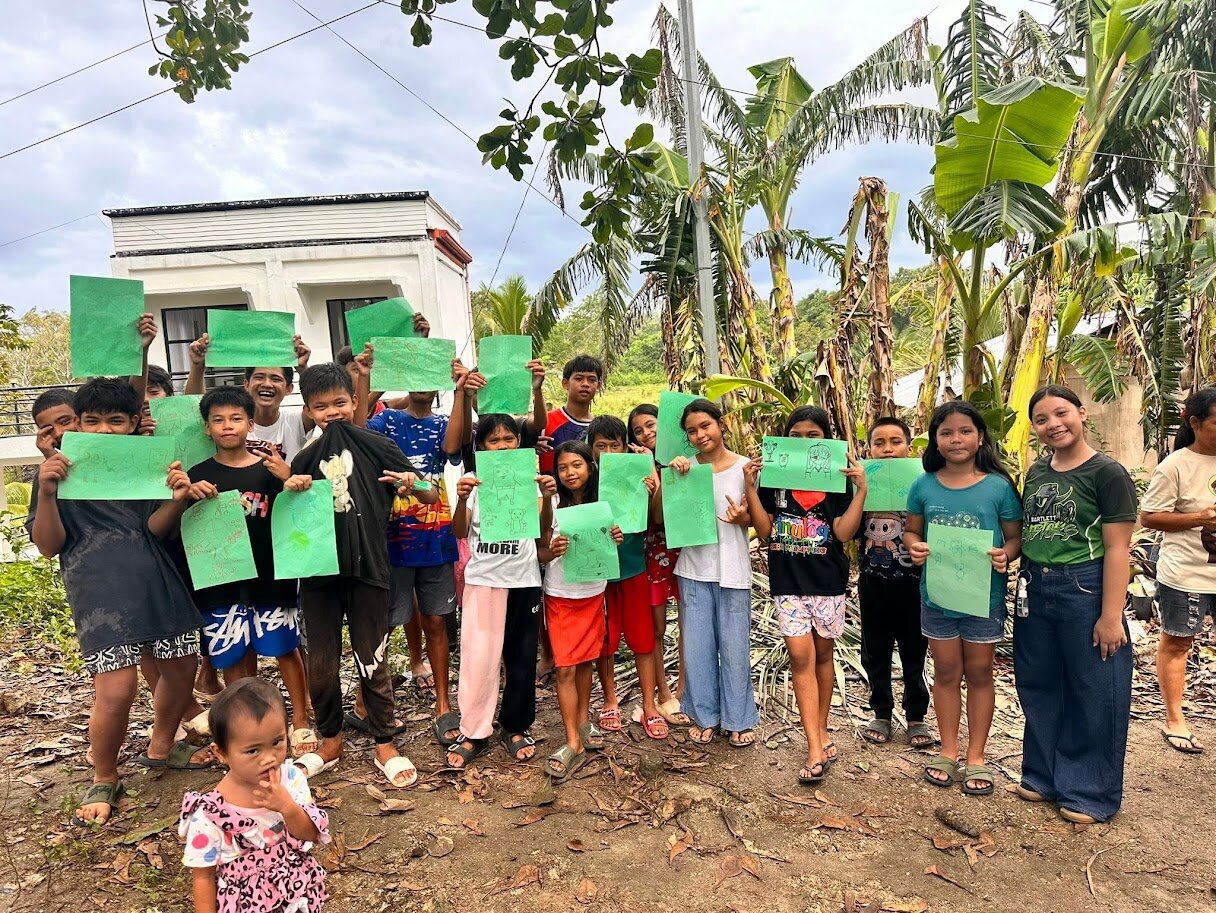Si è concluso il progetto CADIS in collaborazione con il Research and Training Center for Religio-Cultural Community (RTRC) "Rafforzare la leadership indigena e la capacità comunitaria delle tribù delle colline della Thailandia settentrionale verso l'inclusione sociale e lo sviluppo sostenibile".
Iniziato nel 2018, l'obiettivo principale era quello di rafforzare la leadership indigena e costruire la capacità delle comunità tribali della Thailandia settentrionale verso l'inclusione sociale e lo sviluppo sostenibile. Il progetto ha assistito le comunità colpite dal cambiamento climatico e, soprattutto, ha protetto i diritti fondamentali dei piccoli agricoltori indigeni, formando e sviluppando le capacità dei giovani potenziali leader delle comunità.
Lo scorso novembre, dal 9 all'11, il team CADIS International ha effettuato una visita di valutazione a Chiang Mai per discutere i risultati del progetto con il gruppo del RTRC e altri soggetti coinvolti, come i capi tribù direttamente interessati. Ha visitato Phayao, uno dei distretti del progetto, e ha incontrato i beneficiari.

Gli agricoltori sono soddisfatti dell'impatto positivo del progetto sulla loro vita. L'obiettivo principale è creare una rete di agricoltori per condividere le conoscenze e le pratiche sostenibili dell'agricoltura biologica. Uno dei membri è stato nominato rappresentante del consiglio agricolo provinciale che lo rappresenterà anche a livello nazionale.
Oltre all'aumento del reddito personale che contribuisce alla loro sostenibilità, il più grande successo del progetto è la consapevolezza acquisita per un futuro migliore con la pratica dell'agricoltura biologica.
Alcuni insegnamenti e intuizioni della visita di CADIS sono i seguenti:
- La necessità di costruire reti di associazioni di agricoltori e di stringere partenariati con soggetti pubblici e privati per un'assistenza reciproca.
- La consapevolezza, la promozione e l'integrazione della profonda coscienza ecologica e spirituale e la necessità di perseverare tra le comunità tribali.
- La pratica dell'azienda agricola comunitaria rafforza le pratiche di condivisione consuetudinarie, contribuendo al moderno assetto comunitario.
- Il progetto sostiene e supporta l'istruzione dei bambini, che allontana giovani e adulti dall'influenza della tossicodipendenza.
- La consapevolezza locale dell'autosufficienza e della sicurezza alimentare è aumentata.
- La produzione locale di sementi è diventata una parte essenziale delle attività dei gruppi.
Il progetto è stato efficacemente attuato nelle tre aree chiave:
1) Coinvolgimento. Il processo di coinvolgimento degli agricoltori nel progetto li ha spinti a partecipare e a impegnarsi per affrontare i loro problemi. Hanno imparato a conoscere i cambiamenti della situazione, le risorse disponibili e l'ambiente.
Uno dei buoni esempi è la formazione per lo sviluppo delle capacità di produzione di fertilizzanti organici a Phayao. Gli agricoltori partecipanti hanno imparato insieme a produrre i propri fertilizzanti organici con le materie prime portate per la formazione, hanno condiviso i fertilizzanti organici prodotti con altri, hanno pianificato insieme le modalità di applicazione e hanno valutato l'uso dei fertilizzanti organici. Sono stati individuati molti volontari: esperti del suolo, formatori di agricoltori, gruppi di giovani e di donne.
2) Il rafforzamento delle capacità è uno degli obiettivi chiave del progetto. L'obiettivo è stato quello di sensibilizzare gli agricoltori sulla sicurezza alimentare per le loro famiglie e comunità e di ridurre i costi dei fattori di produzione agricoli, passando dalla monocoltura all'agricoltura biologica. Questo ha aiutato gli agricoltori a essere più autonomi ed economici. Molti dei leader contadini sono diventati persone di riferimento per altre organizzazioni comunitarie (CBO) e università agricole. Hanno imparato a lavorare conservando e migliorando l'ambiente e le risorse locali, come le foreste e l'acqua.
3) Networking. Il progetto prevedeva diverse attività di networking. È stata l'occasione per gli agricoltori di incontrarsi, imparare e condividere le esperienze che li hanno aiutati a cambiare il loro modo di fare agricoltura. Attraverso il networking, hanno potuto condividere i loro successi e le loro difficoltà. Un buon esempio è il lavoro di rete con le autorità governative locali - le guardie forestali e le autorità del parco nazionale. Il loro incontro li ha aiutati a comprendere il problema della scarsità di cibo e la necessità per gli abitanti dei villaggi di accedere alla foresta e ai parchi nazionali per l'alimentazione naturale o l'agricoltura domestica. Ciò ha portato a un accordo tra gli agricoltori e le autorità del parco nazionale che concede agli agricoltori il permesso di accedere a parte del parco nazionale per l'agricoltura domestica e l'allevamento di animali.

Il progetto del RTRC con le comunità indigene nel nord della Thailandia è finanziato dalla Conferenza episcopale italiana (CEI), in collaborazione con CADIS. Le attività del programma con i gruppi etnici Karen e Lawa hanno potenziato e rafforzato la rete del merito del riso e la cultura dell'agricoltura. La Rete del merito del riso (azione di solidarietà) coinvolge più di 500 comunità come membri. Per i popoli Akha, Lahu e Laos, l'attuazione del progetto ha rafforzato la fiducia della rete dei leader spirituali e dei livelli distrettuali di Chiang Mai e Chiang Rai in molte comunità. Ora sono dotati di conoscenze per affrontare i problemi e gli ostacoli che emergono oggi. Oltre a cacciare i maiali selvatici, hanno iniziato ad allevarli in casa.
RTRC sta seguendo la pianificazione fatta dai leader etnici e sta condividendo le loro esperienze sull'analisi dei cambiamenti dell'ambiente e della società e su come andare avanti. Il piano per il futuro è di continuare la formazione dei leader intellettuali biologici, coinvolgendo soprattutto le giovani generazioni, in linea con i valori fondamentali della Laudato Si'.
E ora guardate cosa ha condiviso con noi la signora Sangthad Yudee, membro della Rete di agricoltura biologica del distretto di Mae Sai, beneficiaria del progetto e parte del gruppo di lavoro in rete.






.jpeg)

